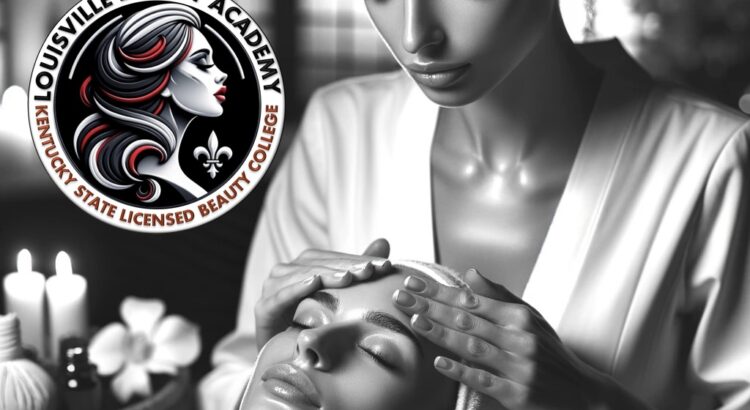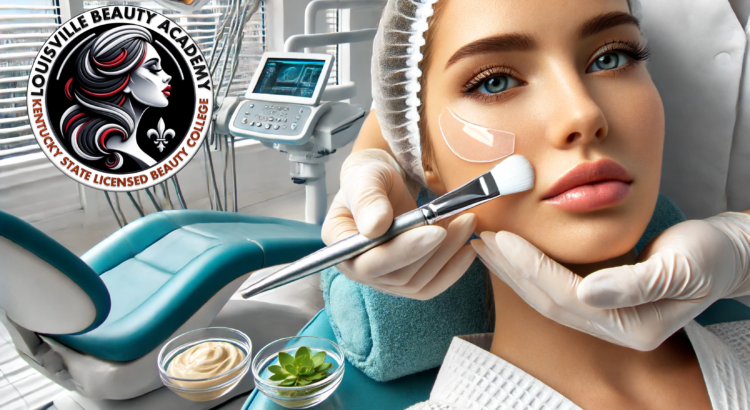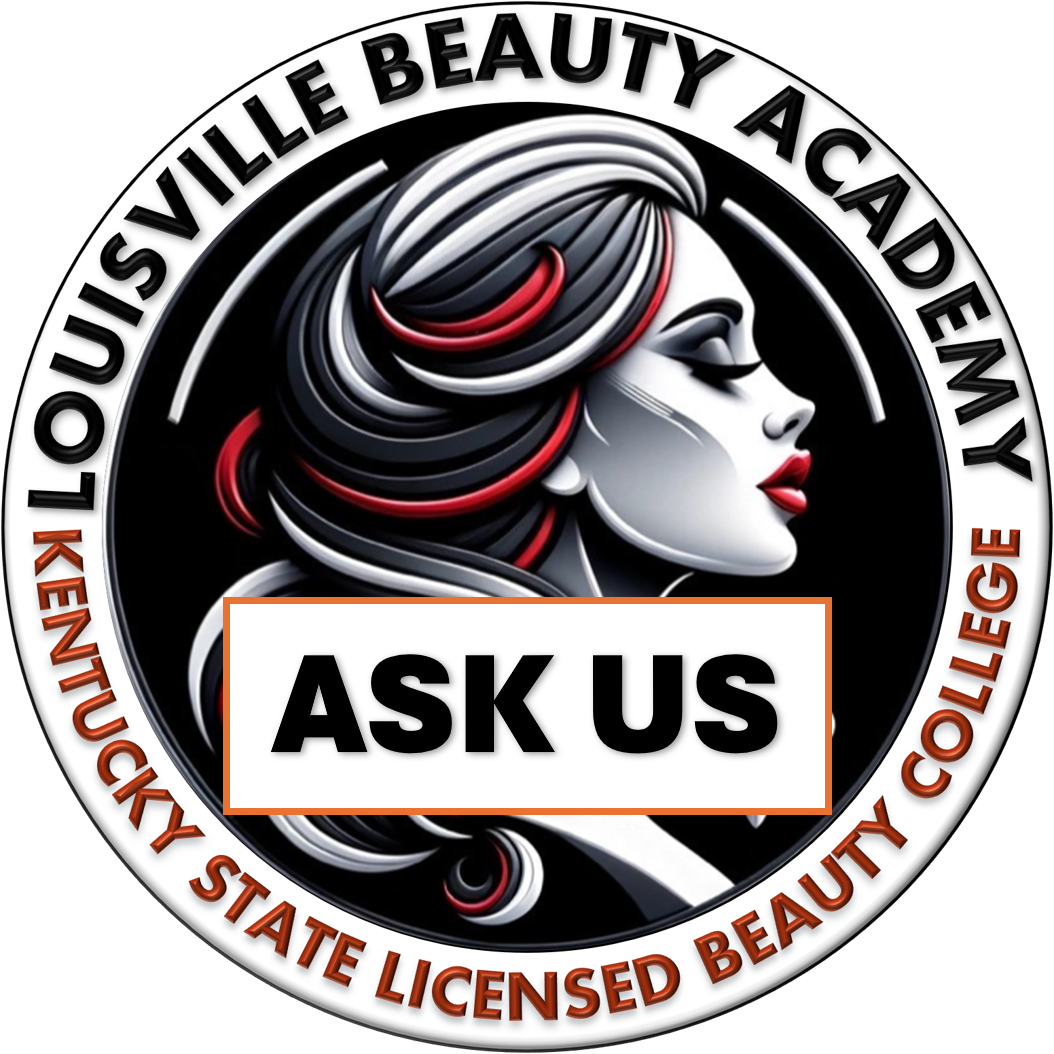Esthetics, also spelled “aesthetics,” is a specialized branch of beauty and skincare that focuses on the health and beautification of the skin. Understanding key terminologies in esthetics can help you navigate the industry, whether you’re a student, professional, or just someone interested in skincare. Here’s a list of the top 20 essential terms you should know in the field of esthetics:
- Exfoliation • The process of removing dead skin cells from the surface of the skin. Exfoliation can be mechanical (using scrubs) or chemical (using acids or enzymes).
- Dermis • The thick layer of living tissue below the epidermis, which contains blood vessels, nerve endings, sweat glands, and hair follicles. It provides structural support and nourishment to the skin.
- Epidermis • The outermost layer of the skin, which acts as a protective barrier. It consists mainly of keratinocytes and is where cell turnover occurs.
- Microdermabrasion • A non-invasive exfoliating procedure that uses a machine to remove the outer layer of dead skin cells, promoting skin renewal and improving texture.
- Collagen • A protein found in the skin’s connective tissues that provides firmness and elasticity. It decreases with age, leading to wrinkles and sagging.
- Elastin • A protein that works alongside collagen to help the skin retain its shape and “bounce back.” It gives the skin its flexibility.
- Hydration • The process of supplying moisture to the skin to keep it healthy and plump. Hydrated skin appears smoother and is less prone to irritation.
- Sebum • An oily substance produced by the sebaceous glands. It helps lubricate and protect the skin but can lead to acne if produced in excess.
- pH Balance • The measure of the skin’s acidity or alkalinity. Healthy skin typically has a slightly acidic pH of around 5.5, which helps to maintain its barrier function.
- Comedones • Skin lesions commonly referred to as blackheads (open comedones) or whiteheads (closed comedones). They occur when pores become clogged with oil and dead skin cells.
- Hyperpigmentation • Darkening of the skin in certain areas due to excess melanin production, often caused by sun exposure, acne, or hormonal changes.
- Hypopigmentation • A condition where the skin loses its natural pigment, resulting in lighter patches. It can be due to skin damage, infections, or genetic conditions like vitiligo.
- SPF (Sun Protection Factor) • A measure of a sunscreen’s ability to protect the skin from UVB rays, which cause sunburn. Higher SPF provides more protection but does not necessarily block all UV rays.
- Chemical Peel • A treatment that uses acids (such as glycolic or salicylic acid) to exfoliate the top layers of the skin, improving texture and tone while stimulating cell renewal.
- LED Light Therapy • A skin treatment that uses different wavelengths of light (red, blue, green) to treat various skin issues like acne, inflammation, and aging.
- Esthetician • A licensed professional trained in skincare treatments such as facials, waxing, and body treatments. Estheticians do not diagnose or treat medical conditions.
- Retinoids • Derivatives of vitamin A that help increase cell turnover, reduce fine lines, and improve skin texture. They are widely used in anti-aging skincare products.
- Serum • A concentrated skincare product containing active ingredients that target specific skin concerns, such as hydration, brightening, or anti-aging.
- Glycation • A process where sugar molecules bind to proteins like collagen, leading to stiff, less elastic skin. It contributes to premature aging.
- Occlusive • A type of skincare ingredient that creates a barrier on the skin to prevent moisture loss. Common occlusives include petroleum jelly, beeswax, and silicones.
Conclusion
Understanding these terms is essential for anyone looking to deepen their knowledge of esthetics, whether you’re studying for a licensing exam or just passionate about skincare. Familiarity with these concepts will not only help in selecting the right products and treatments but also in communicating more effectively with skincare professionals.







